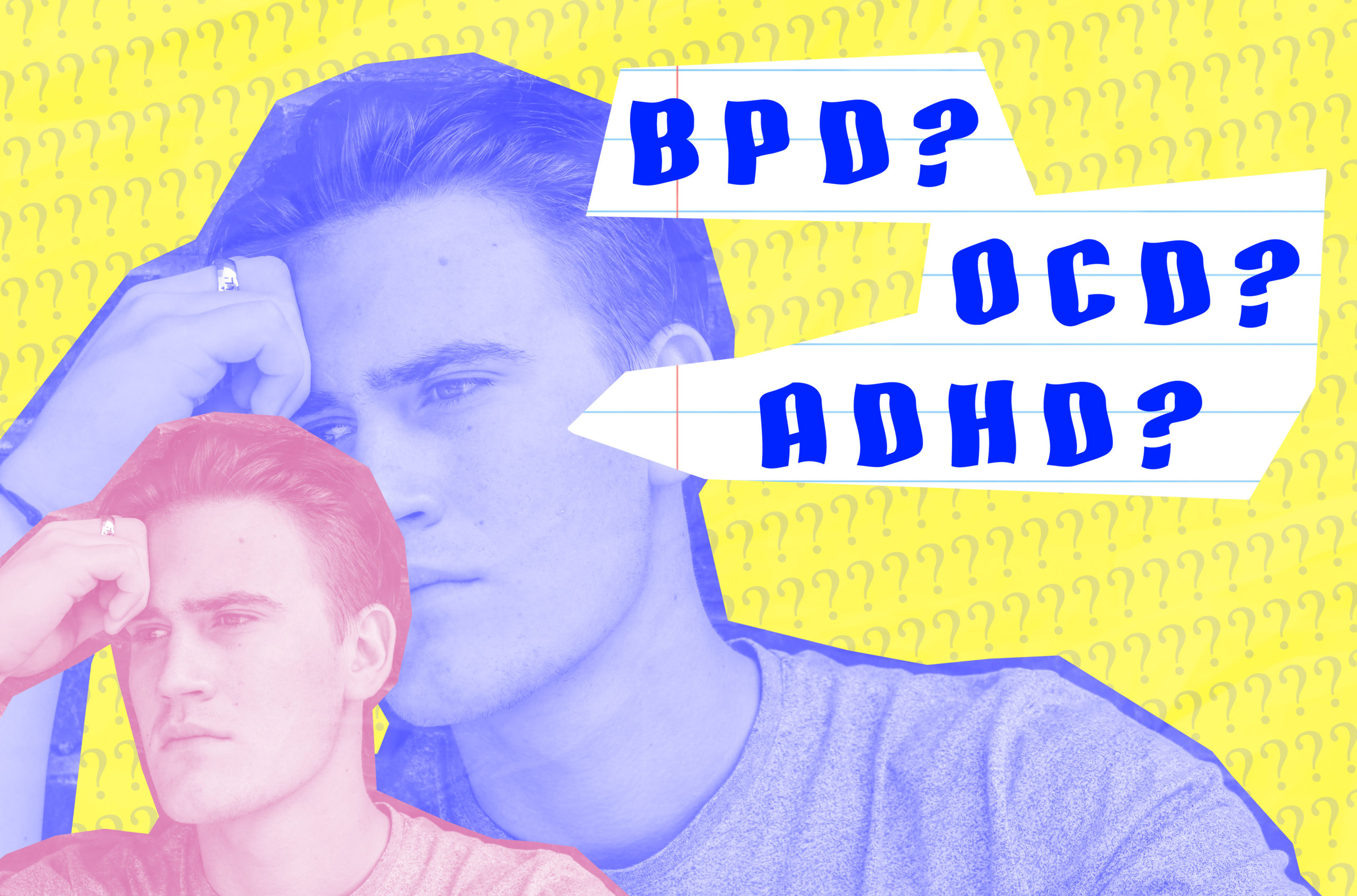[Written by Vaiva Gikaite]
[Image by Kate Zápražná]
Content Warning: This article includes discussion of mental illness
The language that we have to talk about mental illness is limiting. Currently we speak of disorders and illnesses as discrete sets of symptoms, you have X or are suffering from Y. But anyone who’s been struggling with their mental health for a while and has Googled their symptoms even once can see that the lines between diagnoses are blurry.
The roots of many disorders lie in stress, perfectionism, and fear. These feelings then manifest on spectra from having a nervous pee before an exam to a racing heart at the thought of having to leave the house. From feeling a bit blue because it’s been raining for a week straight to finding it impossible to make it out of bed.
They’re called disorders when they get to a point where they stop you from being able to live a “normal life”, but they start way earlier than that. Therefore, taking care of your mental health should start way earlier than that. All the talk of self-care doesn’t just apply to people that are already suffering or have a diagnosable illness. It applies to everyone.
Manage your stress, get enough sleep, limit alcohol and highly processed foods, socialise, do things you enjoy. This is what prevention looks like. It looks a lot like taking care of yourself and setting boundaries.
The words we have are useful because they give us a way to talk about the things going on in our heads. Talking about how we feel is the first step to reducing the shame around our pain and allowing us to seek help when we need it. Seeking social support is probably the most important thing you can do if you want to feel better and having it has been repeatedly shown to help in prevention as well as managing pre-existing conditions.
For people struggling with a diagnosed mental illness, the help of family members can make a significant difference for the better. For example, having a supportive family who are educated about the illness and techniques to manage it, has been shown to significantly reduce relapse rates, exhibition of symptoms, and time spent in hospitals for people with schizophrenia.
Like many labels though, getting too caught up in what to call your feelings can prevent you from seeing things as they really are or even getting the help you may need. Someone might be one DSM-V (Diagnostic and Statistical Manual version 5 – a kind of mental illness dictionary and diagnostic tool) criterion short of being diagnosed with depression, but does that mean this person is fine?
It’s understandable why cut-off points exist. With waiting lists for support services being months or even years long, there has to be some way of determining who needs care most urgently. However, taking the approach that our minds are messy and everyone experiences symptoms sometimes would probably do a world of good in helping many people from slipping into diagnosable illnesses.

